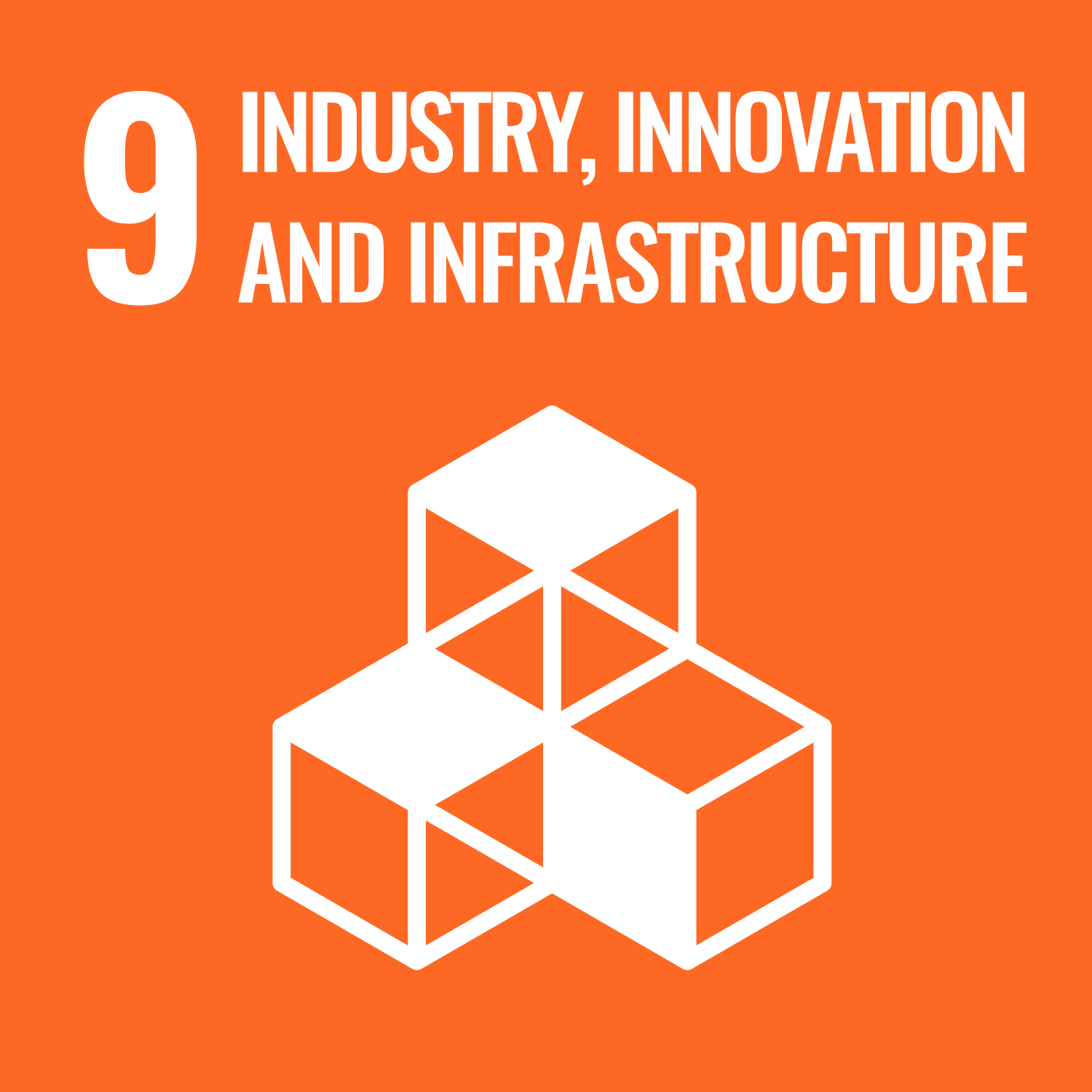ORCID
- Winnie Courtene-Jones: 0000-0001-7893-5322
- Nathaniel J. Clark: 0000-0002-0968-503X
- Richard C. Thompson: 0000-0003-2262-6621
Abstract
To date, much effort has been placed on quantifying plastic pollution and understanding its negative environmental effects, arguably to the detriment of research and evaluation of potential interventions. This has led to piecemeal progress in interventions to reduce plastic pollution, which do not correspond to the pace of emissions. For substances that are used on a global scale and identified as hazardous, there is a need to act before irreversible damage is done. For example, the history of dichlorodiphenyltrichloethane's (DDT) use has demonstrated that legacy chemicals with properties of persistence can still be found in the environment despite being first prohibited 50 years ago. Despite the growing evidence of harm, evidence to inform actions to abate plastic pollution lag behind. In part, this is because of the multifaceted nature of plastic pollution and understanding the connections between social, economic and environmental dimensions are complex. As such we highlight the utility of integrative systems approaches for addressing such complex issues, which unites a diversity of stakeholders (including policy, industry, academia and society), and provides a framework to identify to develop specific, measurable and time-bound international policies on plastic pollution and meet the ambitious yet necessary goals of the UN Plastic Treaty.
DOI Link
Publication Date
2022-12-01
Publication Title
Emerging topics in life sciences
Volume
6
Issue
4
ISSN
2397-8554
Acceptance Date
2022-11-09
Deposit Date
2023-01-24
Embargo Period
2023-12-01
First Page
435
Last Page
439
Recommended Citation
Courtene-Jones, W., Clark, N., & Thompson, R. (2022) 'Plastic pollution requires an integrative systems approach to understand and mitigate risk', Emerging topics in life sciences, 6(4), pp. 435-439. Available at: 10.1042/etls20220018


